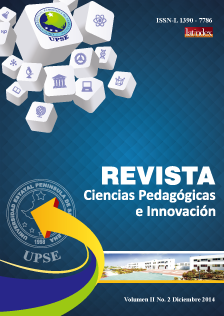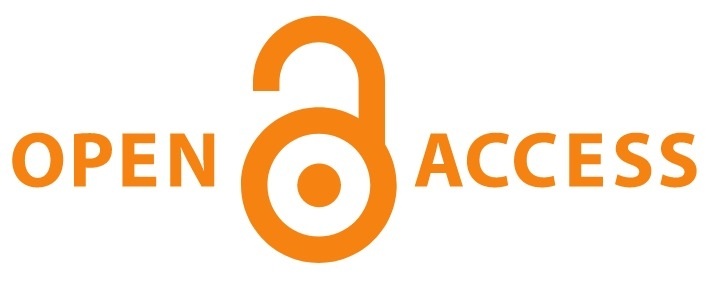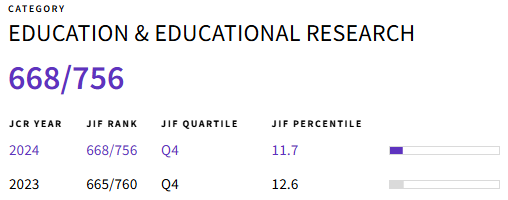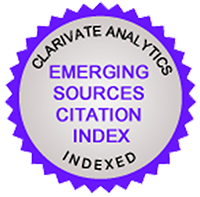Use of self-disclosure by the latino therapist, as a tool to improve the therapeutic relationship.
DOI:
https://doi.org/10.26423/rcpi.v2i2.61Keywords:
behavioral sciences, latino, minority & ethnic groups, self-disclosure, therapeutic relationshipAbstract
The purpose of this study is to promote the use of self-disclosure in therapy with Latino patients in Anglo-Saxon countries. The study compared Latino and non-Latino therapists' perception and values of their use of Self-disclosure during session. A self -administered questionnaire was sent via e-mail. The responses were coded and tabulated and One-tail statistical tests were used to test the null hypotheses. Five research hypotheses were analyzed, The Latino therapist will: (I) Report that they use self-disclosure more frequently than non-Latino therapists will. (II) State that they perceive that self-disclosure improves the client-therapist relationship more than non-Latino therapists will. (III) State that they perceive that therapist self-disclosure opens client-therapist dialogue and the development of cultural understanding more than non-Latino therapists will. (IV) State that they perceive therapist self-disclosure as a technique that increases therapeutic involvement more than non-Latino therapists will. (V) Tend to perceive self-disclosure as part of their culture more than non-Latino therapists will. The results verified the first four hypotheses indicating a significant difference in the perception of self-disclosure and its effects in therapy between Latino and non-Latino therapists. The overall the results indicate the importance of self-disclosure as a tool to improve the therapeutic relationship and therapy continuation.
Downloads
References
Mc Goldrick M, Giordano J, Pierce, JK. Ethnicity and Family Therapy, (2da. ed) New York: The Guilford Press; 1996.
Minuchin S,Nichols M. Family healing. New York: The Free Press; 1993.
Hastings C. How do you become culturally competent? Family Therapy Magazine, March- April, 2002; 18-24.
Sue DW, & Sue, D. Counseling the culturally Diverse (4th ed) New York: John Wiley & Sons, Inc. 2003
Gladding, S.T., Remley, T. P., & Huber, C. H. Ethical, legal and professional issues in the practice of marriage and family therapy (3rd ed). Upper Saddle River, New Jersey: Merrill Prentice Hall; 2001.
Neville, H.A:, Worthington, R.L:, & Spanierman, L.B. .Race, power and multicultural counseling psychology. In Ponteroto, J. Casas, J. M., Suzuki, L. & Alexander , C. (Eds), Handbook of Multicultural Counseling ( 2.57-87) New York: Sage Public actions, Inc. (1991)
Helms, J.E.,& Cook, D.A. Using race culture in counseling and psychotherapy: Theory and process. Boston: Allyn and Bacon; 1999.
Cozby, P.C. Self-Disclosure: a literature review. Psychological Bulletin, 1973, 79(2): 73-91
Peca-Baker, T.A., & Friedlander,M.L. .Effects on role expectations on clients perceptions of dis - closing and non-disclosing counselors. J COUNS DEV, 1987; 66, 78-81.
Jourard, S. M. Self-disclosure: an experimental analysis of the transparent self. New York: Wi - ley-Interscience; 1971
Yalom , I. The Theory and Practice of Group Psychotherapy (Third Ed). Basic Books, Inc; 1985.
Behar, R The vulnerable observer. Boston: Beacon Press; 1996.
Epstein, R, S., Simon, R.I. Assessing boundary violations in psychotherapy: Survey results with exploitation index. Bulletin of the Menninger Clinic. 1992; 56(2), 150-67.
Simon, J. C. Criteria for therapist’s self-disclosure. AM J PSYCHOTHER, 1988 XLII (3) 404- 15.
Williams, M.H. Boundary Violation: The inappropriate lethal weapon of plaintiff`s attorneys in psychotherapy malpractice lawsuits; 1998. In expertpages.com The original and leading directory of expert witnesses and consultants. [Recuperado October 1, 2004, de Expertpages WebSite: http.//expertpages.com].
Edwards C. E.,& Murdock, N.L. Characteristics of therapists self-disclosure in the counseling process. J Couns Dev. 1994; 72 (4): 384-9.
Gibson, D.L. Effects of therapist’s self-disclosure on client’s level of anxiety, perceptions of the therapist, and perceptions of the similarity to the therapist. Unpublished doctoral dissertation, CSPP; 1996
Murphy K.C. & Strong, S.R. Some effects of similarity self-disclosure. JCOUNS PSY - CHOL,1972; 19(2): 121-4.
Nilsson D. E., Strassberg, D.S.,& Bannon,J. .Perceptions of counselor self-disclosure: an analogue study; J Couns Psychol. 1979; 26(5), (399- 4)
Lundeen, E. J.,& Schuldt, W.J. Models of self-disclosure in psychotherapy. Psychology: A journal of Human Behavior. 1992; 29(2): 8-13.
Downloads
Published
Issue
Section
License
El titular de los derechos de autor de la obra, otorga derechos de uso a los lectores mediante la licencia Creative Commons Atribución-NoComercial-CompartirIgual 4.0 Internacional. Esto permite el acceso gratuito inmediato a la obra y permite a cualquier usuario leer, descargar, copiar, distribuir, imprimir, buscar o vincular a los textos completos de los artículos, rastrearlos para su indexación, pasarlos como datos al software o usarlos para cualquier otro propósito legal.
Cuando la obra es aprobada y aceptada para su publicación, los autores conservan los derechos de autor sin restricciones, cediendo únicamente los derechos de reproducción, distribución para su explotación en formato de papel, así como en cualquier otro soporte magnético, óptico y digital.

















